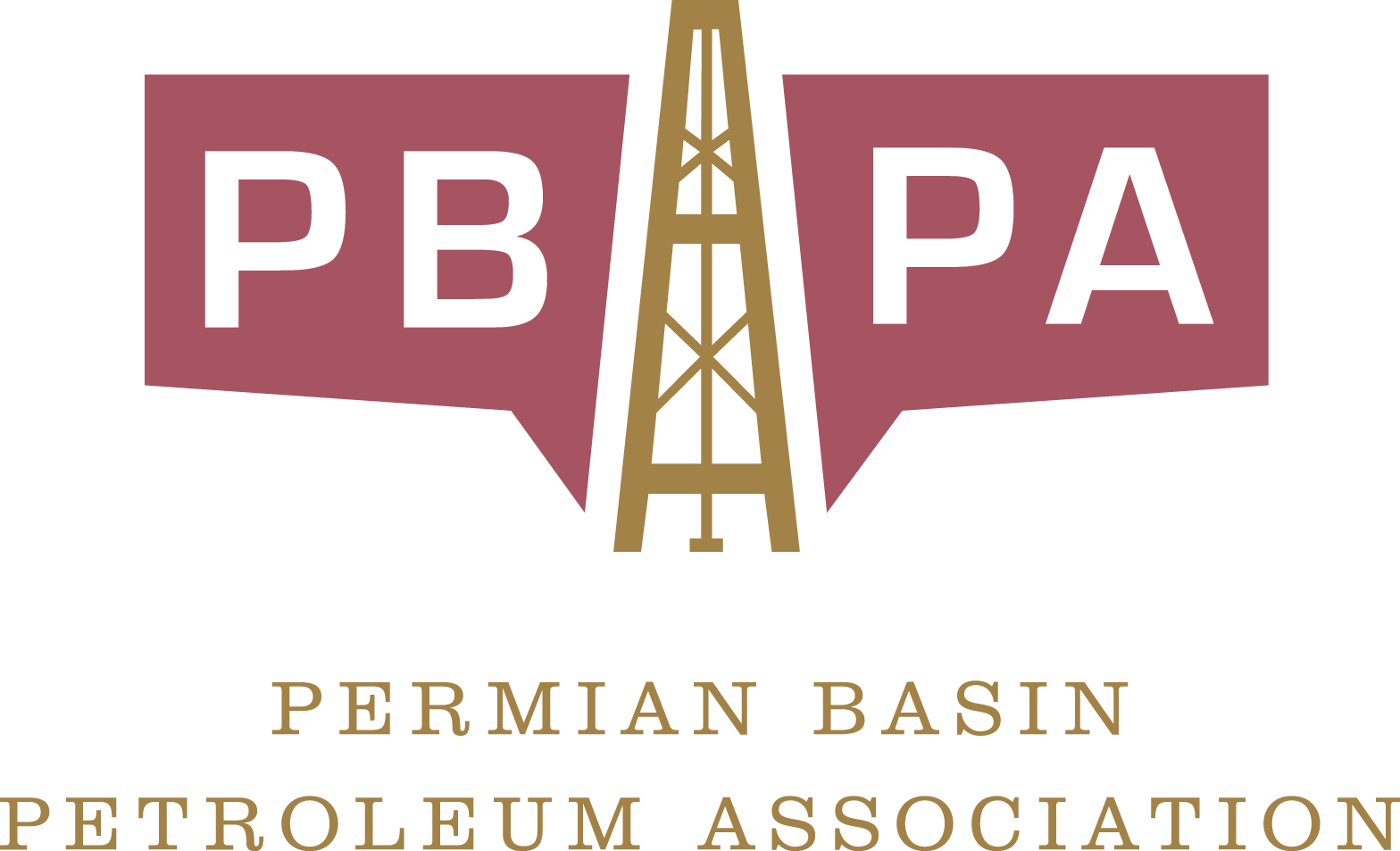
These are the regulatory challenges the Permian Basin faces
October 30, 2024
Midland Reporter-Telegram
by Mella McEwen
From Austin west to Santa Fe and northeast to Washington, D.C., the Permian Basin Petroleum Association is monitoring a number of regulatory issues.
“Issues are coming at us in such rapid-fire succession,” commented Ben Shepperd, president of the PBPA.
PBPA members are watching the fate of the bipartisan Energy Permitting Reform Act, introduced by Sens. Joe Manchin, I-West Virginia, and John Barrasso, R-Wyoming. Shepperd said permitting and National Environmental Policy Act reform are critically important to the industry.
“It’s not across the finish line,” Shepperd said in a telephone interview. “There is some bipartisan support. I’m optimistic the next Congress will see a reform effort again. We are strongly in support of reform efforts and hopeful. We’re talking to Democrats and Republicans, making a bipartisan effort to garner support.”
He theorized Congress is reluctant to address serious issues — which extend beyond oil and gas issues – in part because of a lack of consensus among members of the House and Senate.
“We know, no matter who has the majority, the majority will be slim with not a lot of wiggle room. That’s why we work hard on both sides of the aisle.”
A significant challenge for the industry comes from the Endangered Species Act, particularly the recent listing of the dunes sagebrush lizard as endangered, which impactsa significant portion of the Permian Basin. Texas Attorney General Ken Paxton has sued over the listing.
“I wonder if these issues will ever go away,” he commented. He cited the investment of millions of dollars and effort to help conserve the lizard and its habitat.
“The industry has put tens of millions of dollars into conservation efforts, which is more than the ESA has done. I think the evidence will show improvement. The industry will continue to do so; we feel it’s the right thing to do. I’m not sure who it benefits, halting a successful conservation effort,” said Shepperd.
He said the PBPA has also submitted comments on proposed emissions changes under the Clean Air Act, known as Quad O, as well as other initiatives aimed at reducing greenhouse gas emissions and limit methane emissions.
“We support cleaner air, and the industry is investing millions, if not billions, to cap emissions,” he said. “I’m not sure some of these regulations, as well-intentioned as they may be, will result in a better environment.”
Crime is also a topic, with Rep. Tony Gonzales, R-Texas, sponsoring the Protect the Permian Act of 2024, H.R. 9759, which would authorize the director of the Federal Bureau of Investigation to establish a program to combat theft in the Permian Basin oilfields through the Permian Basin Oil Theft Task Force. It would also increase criminal penalties for stealing, transporting and selling oil and oil field-related equipment.
At a state level, Shepperd said the Permian Basin Electric Reliability Plan and amending the Railroad Commission’s Statewide Rule 8 regarding oilfield waste are also on the association’s radar. In New Mexico, the association will be watching legislation regarding produced water, state land leasing, PFAS or forever chemicals, and the ongoing Atencio lawsuit claiming New Mexico has failed to regulate oilfield pollution.
